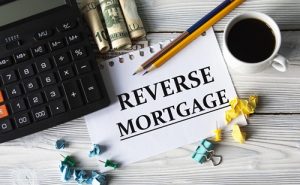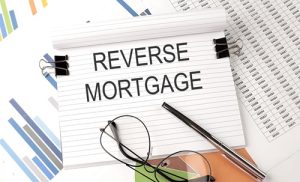
As the year comes to a close, it’s the perfect time to reflect on your financial situation and set goals for the future. While many individuals often focus on physical fitness resolutions, there’s a growing trend toward financial fitness. Recent surveys indicate that a significant percentage of people now resolve to save more money, particularly in the context of retirement planning. How can a reverse mortgage help?
Given the current economic landscape characterized by inflation and market fluctuations, many individuals, especially retirees, feel a pressing need for financial stability. Just like regular health checkups are essential for overall well-being, conducting a financial checkup is vital for ensuring security during retirement years. In this blog, we’ll explore key steps to help you achieve financial confidence, including the potential of a reverse mortgage in Hilton Head Island SC.
Re-evaluate Your Budget
Budgeting is crucial at any stage of life, but it becomes even more imperative during retirement. As you transition to a fixed income, it’s important to adjust your budget accordingly. Instead of simply setting a budget and hoping for the best, ensure it reflects realistic expenses, particularly in light of today’s rising costs.
Read More Financial Checkup: Preparing Your Finances with a Reverse Mortgage









